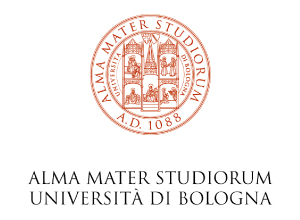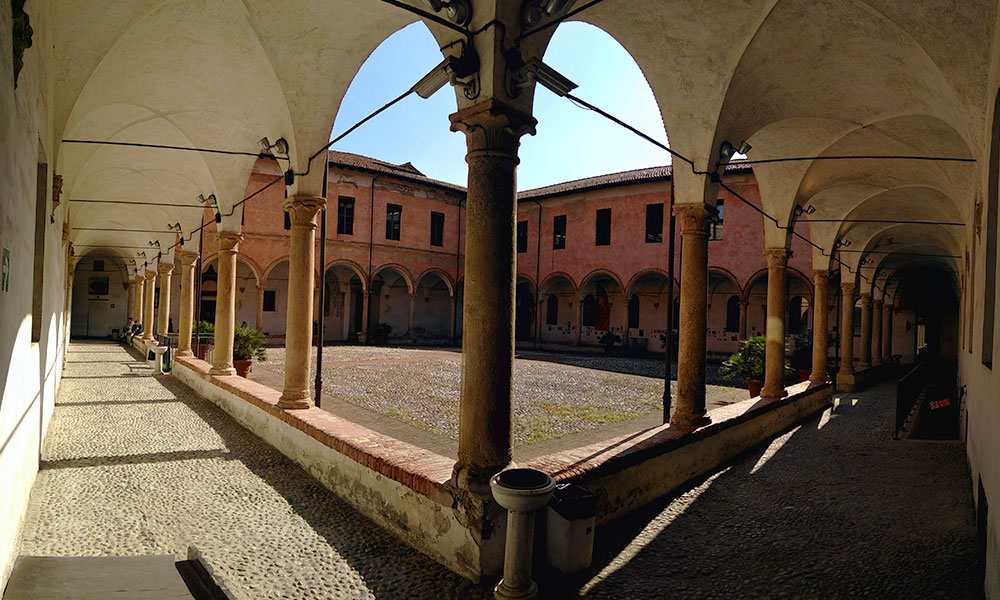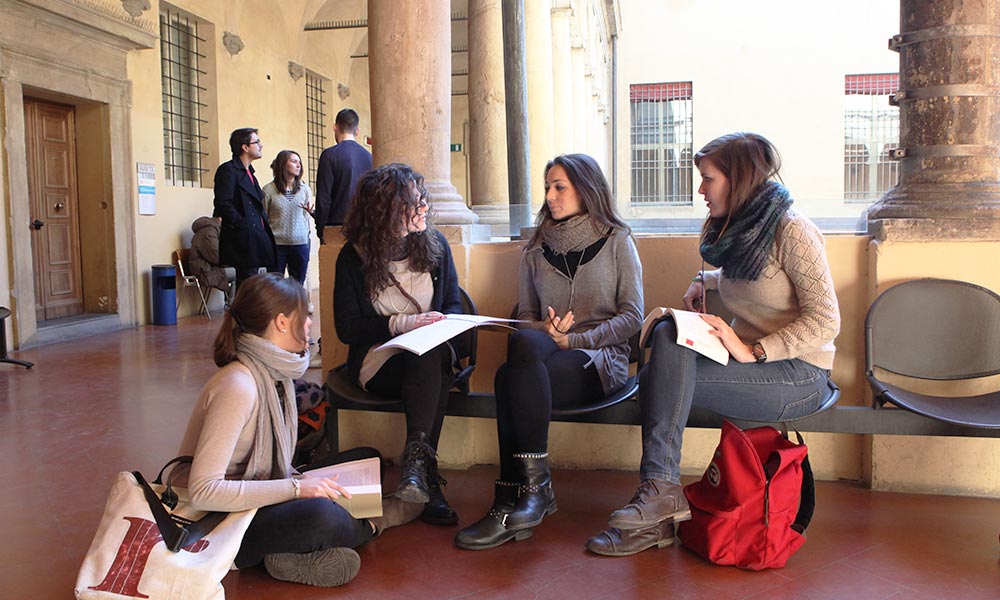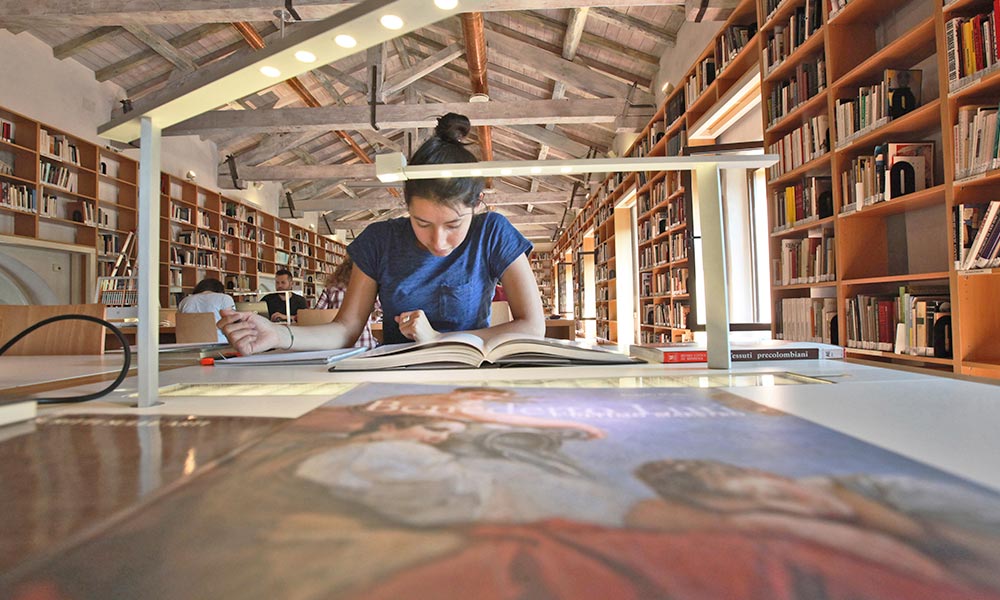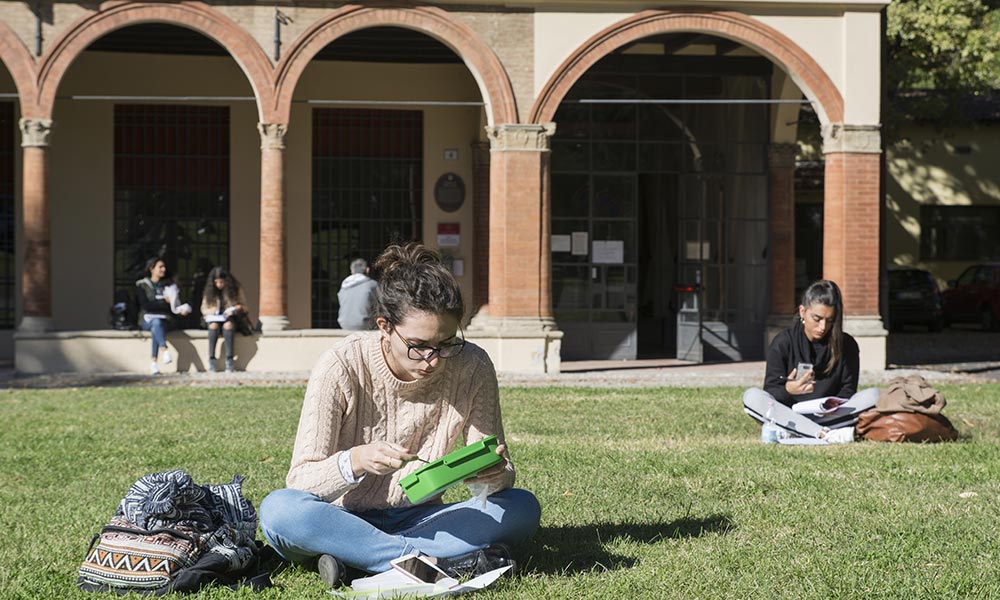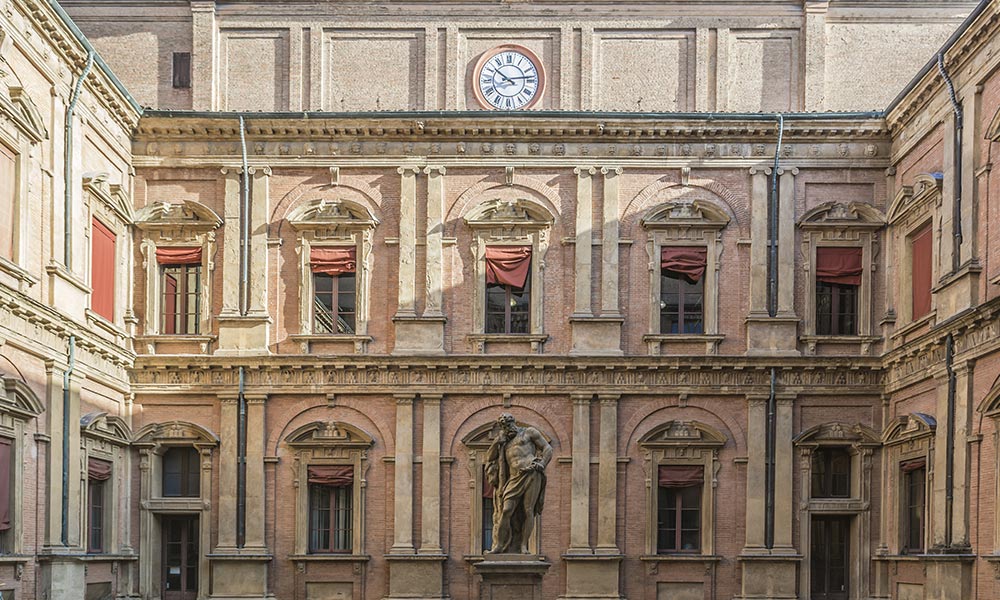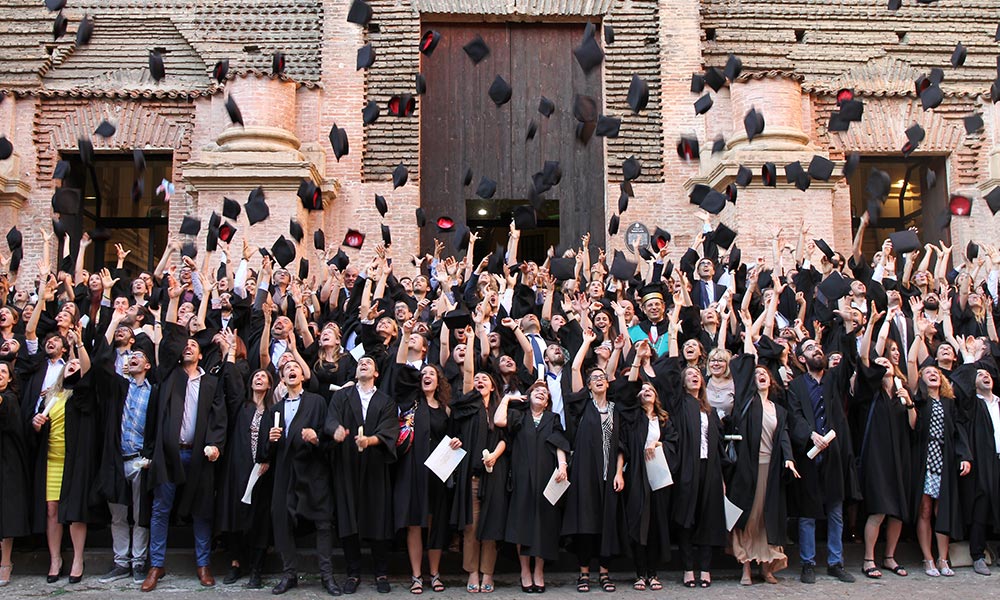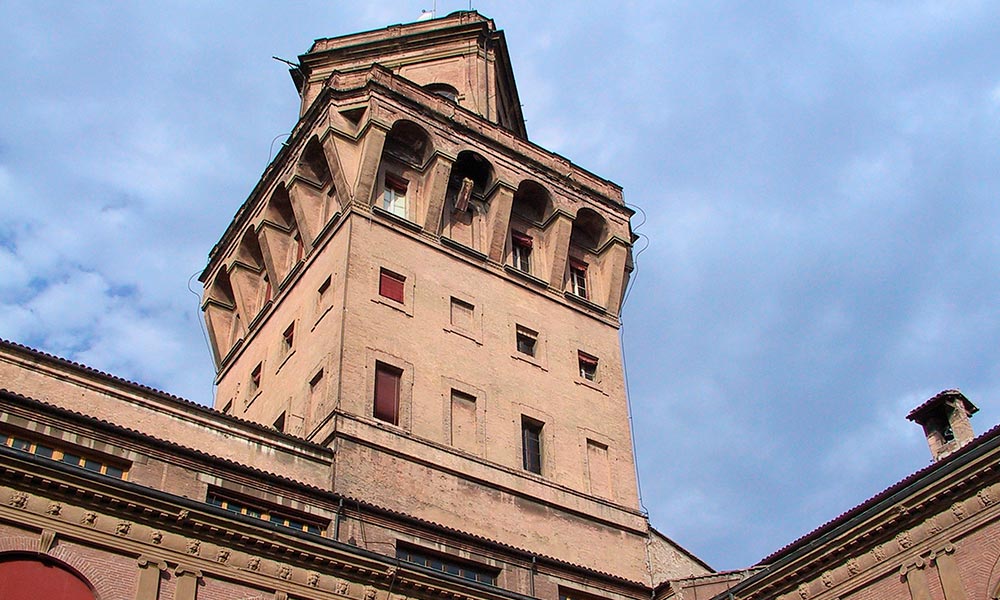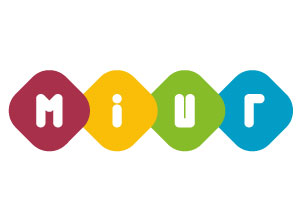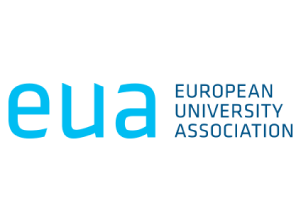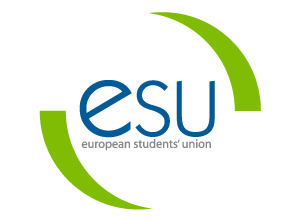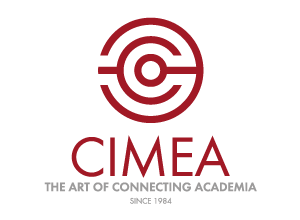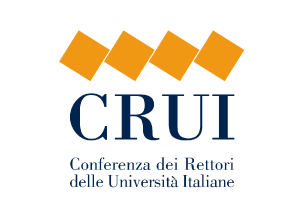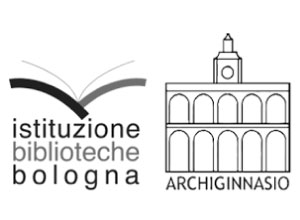The University of Bologna, founded in 1088, is the oldest university in Western Europe. Nowadays, it still remains one of the most important institutions of higher education across Europe.
The University of Bologna has a Multicampus structure, with campuses in Bologna and the Romagna region – Cesena, Forlì, Ravenna and Rimini, and permanent headquarter in Buenos Aires since 1998.
With regard to the international reputation, the University of Bologna is top ranked in the most recognized world and national university rankings (QS, Shanghai, Times Higher Education, Censis Guide and the Sole 24Ore rankings). It has been successfully evaluated and thus funded by the Italian Ministry of Education for excellent research activities within its Departments. It is the second Italian University in terms of funds received by the European Commission under the Research and Innovation Programme Horizon2020. It is one of the main Universities in Italy partnering with local and national companies and getting funds for industrial research.
The Alma Mater holds first place among Italian Universities in terms of the number of students abroad and the quantity of funding received under Erasmus+ and is among the top 5 universities in Europe in terms of number of exchange students. The Alma Mater Studiorum offers a variety of excellent, internationally recognized programmes: 215 degree programmes of which 71 international and 47 taught in English.
The University of Bologna is committed to the values of sustainability, such as enhancing and safeguarding the territory, improving community wellbeing, promoting a knowledge-based development economy, social equity, and the ability of those involved to work effectively together for the common good.
Faithful to its mission, and thanks to a history that has consolidated over time, the Alma Mater Studiorum is fully aware that its activities can produce significant impact, both direct and indirect, on the community and on the region. Therefore, it continues to invest in the quality of training and in research related to the needs of society, as well as in a valuable organizational, institutional and multicampus structure, allowing their members to operate over a vast territory.

